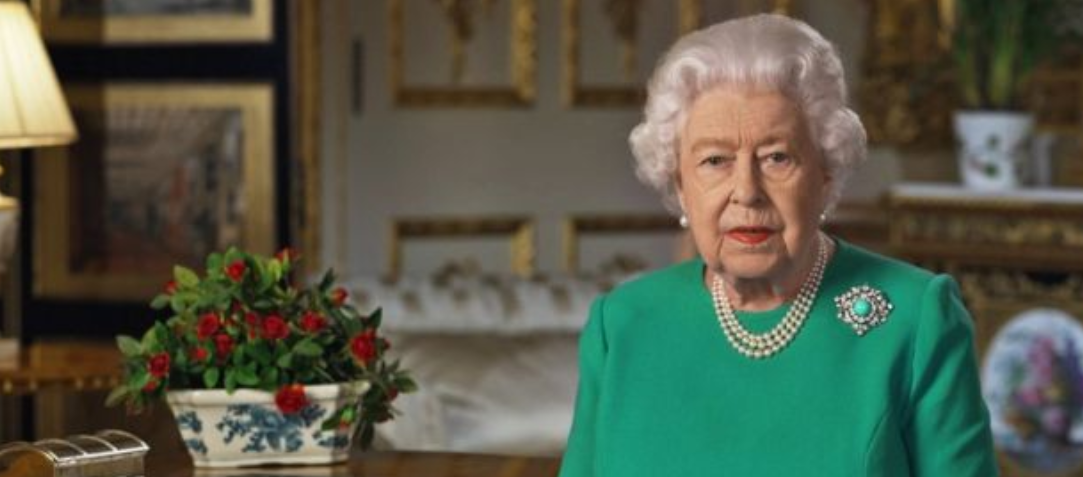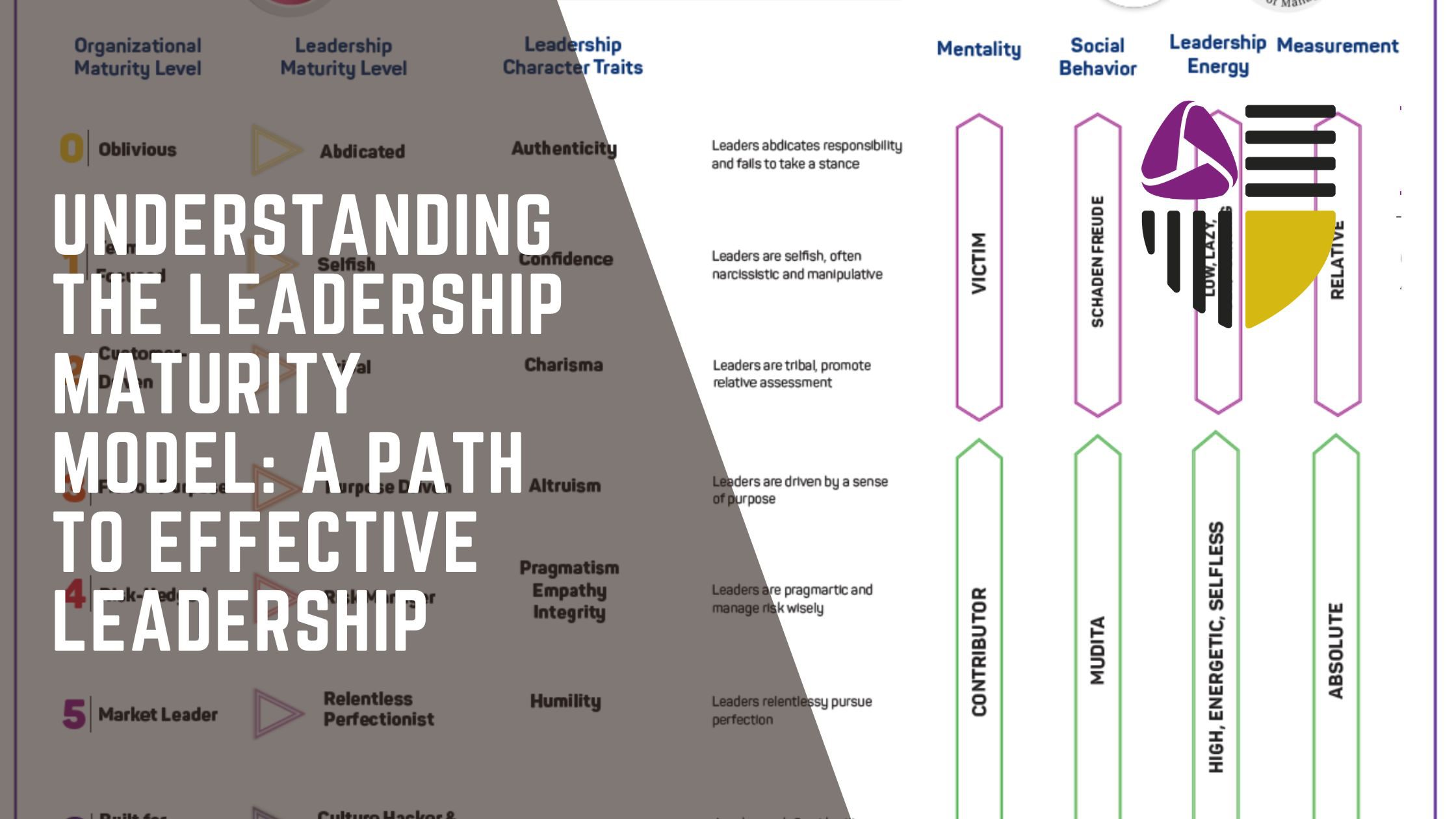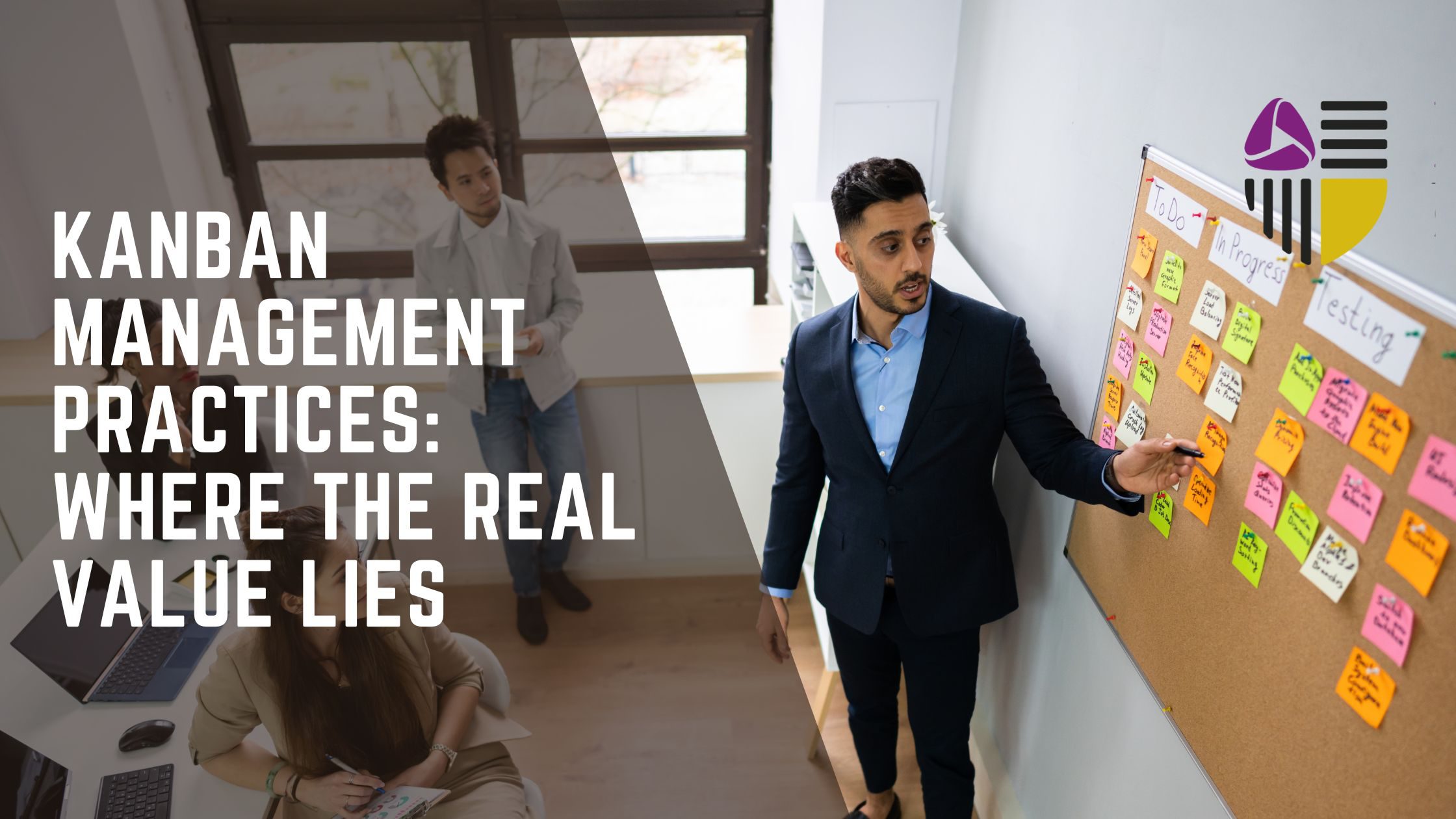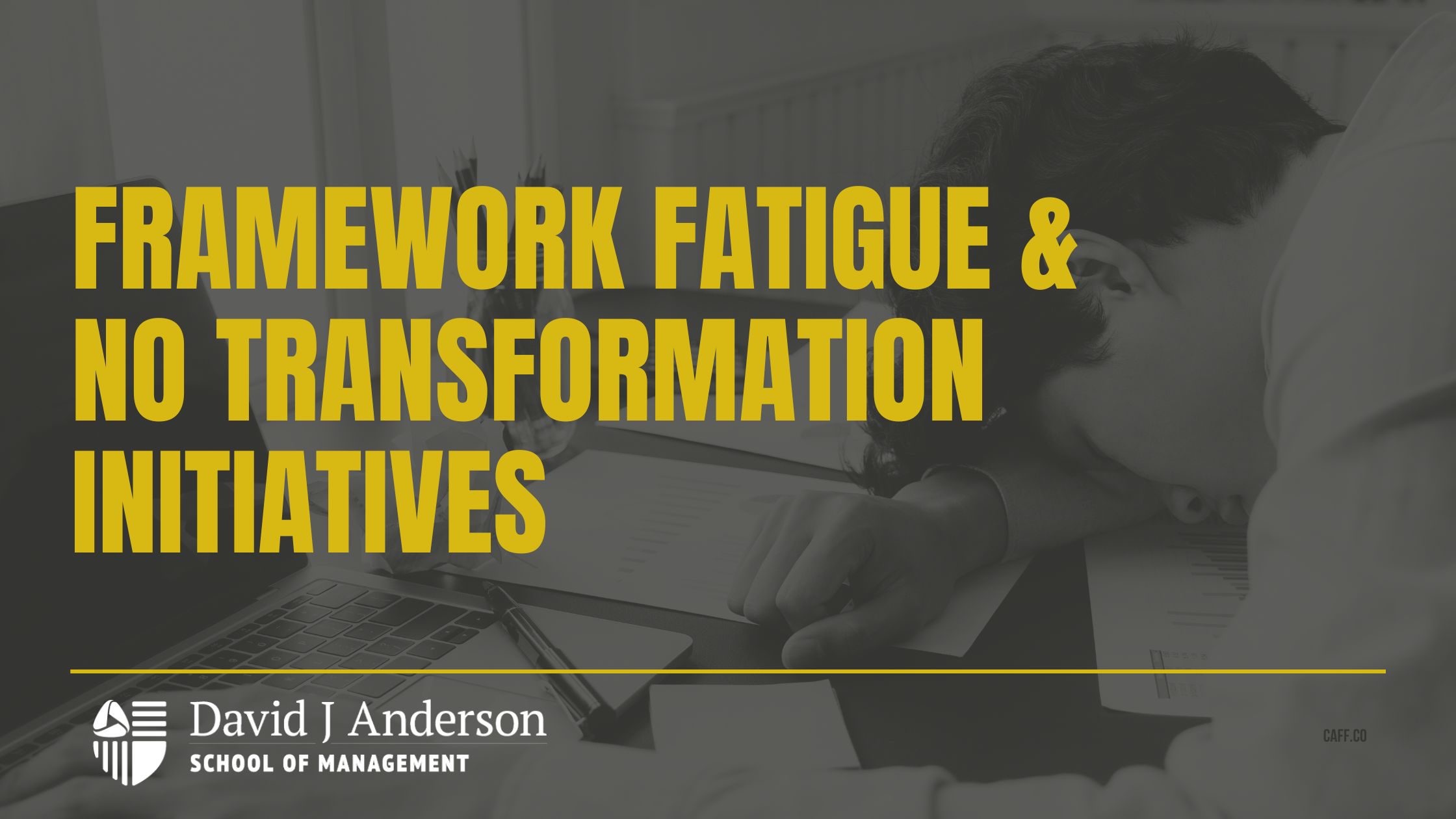Leadership in a time of Crisis: Queen Elizabeth sets the standard
Last night, Queen Elizabeth, gave an address to the British people and nations of the Commonwealth from Windsor Castle near London. The speech was as powerful as it was brief. At four minutes nine seconds in length, she used only 524 words to get the message across. The Queen often leads by omission: what she doesn’t do says more than what she does; what she doesn’t say, says more than what she actually said.
There is a lot we can learn about leadership from Queen Elizabeth and some analysis of her address is justified. But first given its brevity, here is the text of the speech in full.
I am speaking to you at what I know is an increasingly challenging time. A time of disruption in the life of our country: a disruption that has brought grief to some, financial difficulties to many, and enormous changes to the daily lives of us all. I want to thank everyone on the NHS frontline, as well as care workers and those carrying out essential roles, who selflessly continue their day-to-day duties outside the home in support of us all. I am sure the nation will join me in assuring you that what you do is appreciated and every hour of your hard work brings us closer to a return to more normal times. I also want to thank those of you who are staying at home, thereby helping to protect the vulnerable and sparing many families the pain already felt by those who have lost loved ones. Together we are tackling this disease, and I want to reassure you that if we remain united and resolute, then we will overcome it. I hope in the years to come everyone will be able to take pride in how they responded to this challenge. And those who come after us will say the Britons of this generation were as strong as any. That the attributes of self-discipline, of quiet good-humoured resolve and of fellow-feeling still characterise this country. The pride in who we are is not a part of our past, it defines our present and our future. The moments when the United Kingdom has come together to applaud its care and essential workers will be remembered as an expression of our national spirit; and its symbol will be the rainbows drawn by children. Across the Commonwealth and around the world, we have seen heart-warming stories of people coming together to help others, be it through delivering food parcels and medicines, checking on neighbours, or converting businesses to help the relief effort. And though self-isolating may at times be hard, many people of all faiths, and of none, are discovering that it presents an opportunity to slow down, pause and reflect, in prayer or meditation. It reminds me of the very first broadcast I made, in 1940, helped by my sister. We, as children, spoke from here at Windsor to children who had been evacuated from their homes and sent away for their own safety. Today, once again, many will feel a painful sense of separation from their loved ones. But now, as then, we know, deep down, that it is the right thing to do. While we have faced challenges before, this one is different. This time we join with all nations across the globe in a common endeavour, using the great advances of science and our instinctive compassion to heal. We will succeed – and that success will belong to every one of us. We should take comfort that while we may have more still to endure, better days will return: we will be with our friends again; we will be with our families again; we will meet again. But for now, I send my thanks and warmest good wishes to you all.
Apart from its brevity, four minutes, nine seconds and a mere 524 words, the first thing of greatest note is that she chooses not to mention Coronavirus or Covid-19 at all. The closest she gets is “Together, we are tackling this disease…” She doesn’t need to remind anyone of the context or why she’s giving only her 6th unscheduled address to the country (5 as Queen and 1 as the crown princess) as she approaches her 94th birthday in two weeks time. There is a global pandemic – everybody knows about it! Reminders are unnecessary.
The fact that this address is happening is signaling something of extraordinary magnitude. Leaders can lead by direction (or command), lead by example, by inspiration and by signaling. Leading by direction is something that every leader should learn to hold in reserve and use sparingly, only when there is a crisis and only when they are in a hurry; when life and death depend on it. Now is a time for politicians to exercise their power to lead by direction. For the Queen, the only time this ever might be necessary is to intervene in a constitutional crisis and only as a last resort when all other judicial mechanisms have failed. She has never had to use this power. Of European constitutional monarchies only King Albert II of Belgium has had to use such power in living memory. So Queen Elizabeth doesn’t get to use the most powerful tool a leader has – to lead by direction. This leaves her with the other three tools: by example, inspiration and signaling. She has become a master of these three leadership tools.
Her mother, also Queen Elizabeth, set the standard for leading by example, when she and her husband, King George VI, refused to leave London during the Blitz in 1940. While her children had been evacuated to keep them safe, and she was separated from them for the first time, she famously used the line, “Now I can look the East End in the eye” after Buckingham Palace was bombed in an air raid. It is difficult for any royal to lead by example, as their lives are so privileged and they live in a protected bubble. It is difficult to create the empathy needed, and yet, this past month, the Queen has had to lead by example, self-isolating at home. At almost 94 years old, she is easily in the target group slain by this virus. And here we have the second example of omission in her speech. She didn’t have to tell anyone she’s self-isolating. She cannot be seen to seek pity or sympathy. She simply has to get on with it and hope that others see the truth.
When it comes to inspiration, the Queen already has her longevity, her experience, the length of her reign, and her reputation to help her. For many, especially women around the world, she is a role model, an inspiration – a great-grandmother who has known challenging times in her life and that of her family. She knows her duty is to inspire a nation, and the world, thus she dedicates a considerable percentage of the text to inspiring language.
Together we are tackling this disease, and I want to reassure you that if we remain united and resolute, then we will overcome it. I hope in the years to come everyone will be able to take pride in how they responded to this challenge. And those who come after us will say the Britons of this generation were as strong as any. That the attributes of self-discipline, of quiet good-humoured resolve and of fellow-feeling still characterise this country. The pride in who we are is not a part of our past, it defines our present and our future.
and again at the end, a message of hope
We should take comfort that while we may have more still to endure, better days will return: we will be with our friends again; we will be with our families again; we will meet again.
“We will meet again” is a line from a popular song by singer Dame Vera Lynn from World War II. We are at war with the virus but again the Queen doesn’t have to remind us or mention it directly.
All great speeches need to form empathy with their audience, they need to invoke emotion. Often in the Queen’s Christmas address, she invokes her own family to create empathy. She wants people to see that she like many in her audience is a wife, a mother, a grandmother, a great-grandmother: her family has trials and tribulations, and she has good and bad times, just like those sitting at home on Christmas Day watching her on TV. This speech was different: her 71-year-old son, has been diagnosed with the virus and had to quarantine, while easily qualifying in the age range of people already taken by the virus. The greatest fear for any parent, regardless of age, is to lose a child, and yet, again, she chooses not to mention it. She doesn’t mention her own social distancing and she doesn’t use her son’s infection to demonstrate empathy with the situation. She knows that she can never be seen to seek pity, or sympathy. She knows that many who are suffering have not had access to the resources her own family enjoys. From a leadership perspective, and a speech writing perspective, she is denied opportunity that might be available to others. Her judgment on this is exquisite.
Instead, she reminds us that we are fighting a war with the virus, and that she remembers fighting a war before. Queen Elizabeth II is the only living head of state in the world to have served in the armed forces during World War II. One of the ways humans deal with a crisis is to call on past experience: “that which does not kill us, makes us stronger.” The Queen talks of being 14 years old, with her 9-year-old sister, evacuated from London, away from her parents, and then asked to give her first-ever address to the nation, to talk directly to the nation’s children and encourage and inspire them to be resolute even though the isolation from family was so hard emotionally. The choice of this example and its power shows immense judgment. Of the various options available for her use in the speech, this one packs the greatest punch – it works in multiple dimensions.
The speech also creates empathy and engages the audience emotionally through gratitude, leading with thanking the “NHS frontline, as well as care workers and those carrying out essential roles”. And again the subtle “war” reference with “frontline”.
So the Queen leads by example, and by inspiration, and the mere fact that this speech is happening sends a powerful signal. Several US networks carried the speech “live”. 238 years after the end of the Revolutionary War, the United States still looks to the British monarch for leadership and inspiration in a time of global crisis. This in itself is remarkable. Moments afterward, my phone lit up with a text from Seattle: “Did you see the Queen’s speech?” it read, “She is so classy. 93 years old! She is truly a remarkable human being”. This from a 55-year-old woman and US citizen.
The closest the Queen gets to leading by direction comes with her closing line “But for now, I send my thanks and warmest good wishes to you all.” What is she thanking us for? Again, she doesn’t need to say it. And with this, she demonstrates that a signal of gratitude, respect, and recognition from someone of status and power, maybe even stronger than a direct command.
I found this speech humbling as it sets a Gold Standard in leadership and lessons for us all. This speech will be seen as an archetype in leadership by deliberate omission. It is all the more powerful for what the Queen chose to leave out, than what she actually said. I am left wondering if history will judge this speech as the greatest intervention in the long career of a woman who must, by necessity, avoid such intervention?





